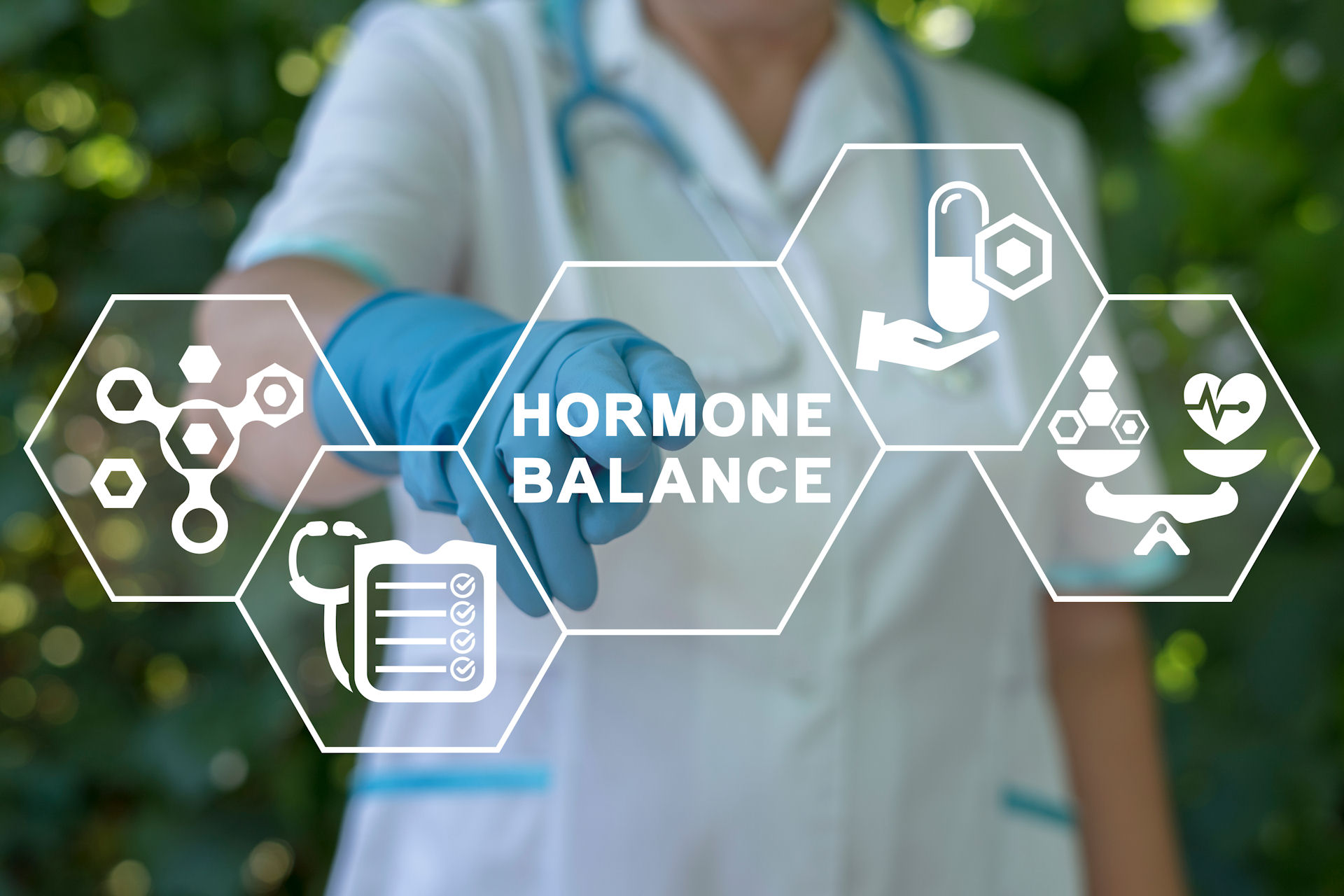Alcohol consumption can have a profound effect on our bodies, including the delicate balance of hormones. While many are aware of the negative impact alcohol can have on our physical and mental health, the connection between alcohol and hormone imbalance is lesser known.
Don’t let alcohol control your life. Our alcohol addiction recovery program can help you overcome addictive urges and achieve sober living.
What Are Hormones?
Hormones are chemical messengers that are produced by the endocrine glands and released into the bloodstream. They act as signals, communicating with different parts of the body to regulate various functions such as growth, metabolism, reproduction, and mood.
These hormones are produced in small amounts but have a powerful effect on the body. They travel through the bloodstream and bind to specific receptors on cells, triggering a response and influencing physiological processes.
The production and release of hormones are carefully regulated by various feedback mechanisms within the body. When hormone levels drop below a certain threshold, signals are sent to stimulate their production. Conversely, when hormone levels become too high, signals are sent to slow down production.
Alcohol can impair the functions of hormones, and it is crucial to seek inpatient or outpatient treatment if you are struggling to control excessive drinking habits.
Types of Hormones

- Steroid Hormones: These hormones are derived from cholesterol and include sex hormones such as estrogen, progesterone, and testosterone. They also include corticosteroids which regulate metabolism, immune response, and stress response.
- Peptide Hormones: These hormones are made up of amino acids and include insulin, growth hormone, and thyroid-stimulating hormone (TSH). They travel through the bloodstream to reach their target cells where they bind to specific receptors to initiate a physiological response.
- Amino Acid-Derived Hormones: These hormones are derived from amino acids such as tyrosine or tryptophan. Examples of these hormones include adrenaline (epinephrine), noradrenaline (norepinephrine), and melatonin.
- Neurohormones: These hormones are produced by specialized nerve cells called neurosecretory cells. They include oxytocin and vasopressin (antidiuretic hormone) which control reproductive functions and water balance respectively.
Does Drinking Alcohol Affect Hormones?
Yes, drinking alcohol can affect hormones in the body. Alcohol consumption has been known to disrupt the balance of hormones in both men and women, leading to various hormonal imbalances and health issues. Our intensive outpatient program (IOP) can help correct negative substance use habits.
One of the hormones that is greatly affected by alcohol is testosterone. In men, excessive alcohol consumption can lead to a decrease in testosterone levels, which can ultimately result in decreased libido, erectile dysfunction, and even infertility. On the other hand, women who consume large amounts of alcohol may experience an increase in testosterone levels, which can lead to irregular periods or even cessation of menstruation.
Another hormone affected by alcohol is estrogen. Heavy drinking has been linked to elevated estrogen levels in both men and women. This can result in hormonal imbalances and contribute to health issues such as breast cancer risk in women and gynecomastia (enlargement of breast tissue) in men.
Alcohol consumption can also impact insulin production and regulation. Studies have shown that excessive alcohol intake can impair insulin sensitivity, increasing the risk for type 2 diabetes.
If you are struggling to resist the urge to drink alcohol, our medical detox may be an effective place for you to start treatment.
How Alcohol Affects Your Body’s Reproductive System

Alcohol consumption can have a significant impact on the reproductive system. It can affect both male and female fertility, as well as the health of a developing fetus.
In men, alcohol and hormone imbalance can lead to a decrease in testosterone levels, which can result in decreased libido and sperm production. This can ultimately lead to infertility or difficulty conceiving. In addition, heavy drinking can cause erectile dysfunction and impotence.
For women, alcohol and hormone imbalance can disrupt the menstrual cycle and inhibit ovulation. This can also contribute to difficulties with fertility and conception. Pregnant women who consume alcohol put their developing fetus at risk for several complications, including fetal alcohol syndrome (FAS). FAS is associated with physical abnormalities, learning disabilities, and behavioral problems in children.
In addition to affecting fertility and pregnancy outcomes, alcohol and hormone imbalances have been linked to an increased risk of certain types of cancer in the reproductive organs. These include breast cancer in women and prostate cancer in men.
How Long For Hormones To Balance After Quitting Alcohol?
The length of treatment for alcohol and hormone imbalance can vary depending on several factors such as the duration and severity of alcohol consumption, age, overall health, and individual metabolism. Our residential treatment in Arizona takes anywhere from a few weeks to several months to treat alcohol and hormone imbalance.
Quitting alcohol allows the body to gradually return to its normal hormone production. Initially, the body may experience withdrawal symptoms such as anxiety, irritability, mood swings, and sleep disturbances. These symptoms are temporary and should subside within a few weeks.
Once the body adjusts to life without alcohol, hormone levels start to stabilize. This process can take anywhere from 1 to 3 months for most people. However, individuals who have been heavy drinkers for a long time may take longer to rebalance their hormones.
Our Alcohol Rehab Center in Arizona Can Help
If you or a loved one is struggling with alcohol addiction, our rehab center in Arizona can provide the help and support needed for recovery. At Granite Mountain, we understand that alcoholism is a complex disease and that no two individuals will have the same journey to sobriety.
Contact us today to learn more about our program and how we can assist you on your journey toward recovery.



